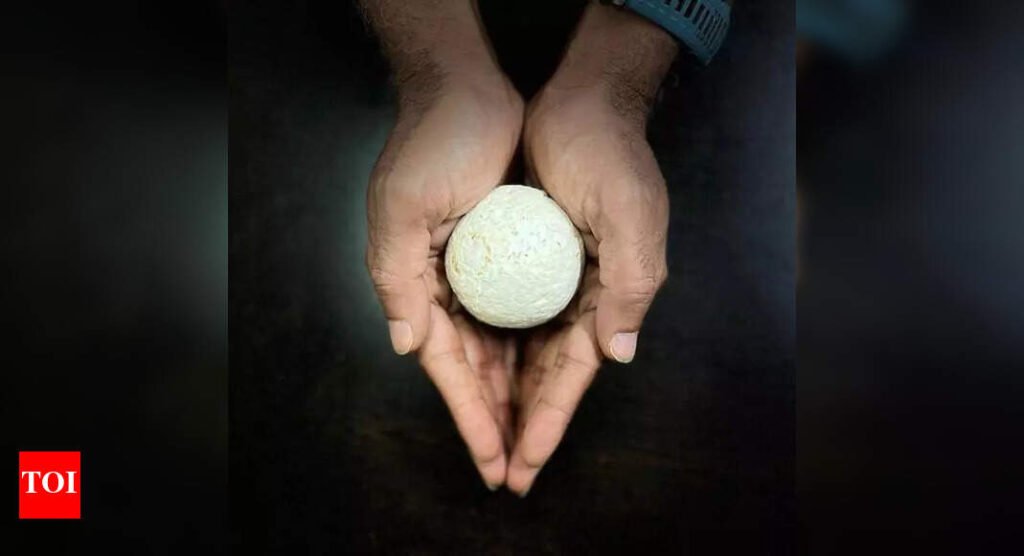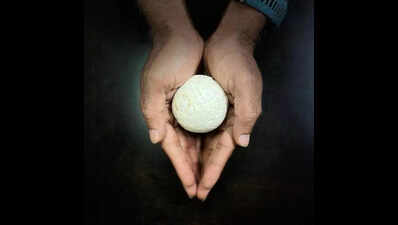Chennai: Researchers from IIT Madras have developed a packaging material using agricultural waste as a sustainable alternative to conventional plastic foams. The team demonstrated that material made from mycelium the root-like structure of fungi grown on agricultural and paper waste can provide the required strength and quality for packaging while being biodegradable.They say the innovation could address two challenges: plastic pollution and agricultural waste disposal.At present, the research demonstrated feasibility at the laboratory scale, with mechanical properties, water resistance, and biodegradability, said Prof Lakshminath Kundanati from the department of applied mechanics and biomedical engineering. The findings were published in Bioresource Technology Reports.“The way forward includes optimising substrate compositions for scalability and extending shelf life through natural coatings,” he said. “These composites can also be modified for use in engineering applications such as thermal and acoustic insulation,” he added.The team cultivated fungi such as Ganoderma lucidum and Pleurotus ostreatus, two types of mushrooms, on agricultural and paper waste. This approach diverts agricultural residues from open burning while creating fully compostable packaging solutions. The researchers explored combinations of fungal strains and substrates to develop composites with mechanical properties similar to, or better than, plastic foams. “The study identifies ideal fungus-substrate combinations that outperform foams such as EPS and EPE. Ganoderma on cardboard achieved compressive strengths an order of magnitude higher than EPS (Expanded Polystyrene),” said Sandra Biby, research scholar at IIT-M.Prof Kundanati and his team founded a startup called NatureWrks Technologies to develop and commercialise the product. They are exploring industry partnerships and licensing agreements to scale up production and hope to secure govt funding for faster development. India currently generates over four million tonnes of plastic waste and 350 million tonnes of agricultural waste each year. The researchers believe mycelium-based packaging can significantly reduce landfill burden, microplastic pollution, and greenhouse gas emissions associated with plastic production and incineration.


